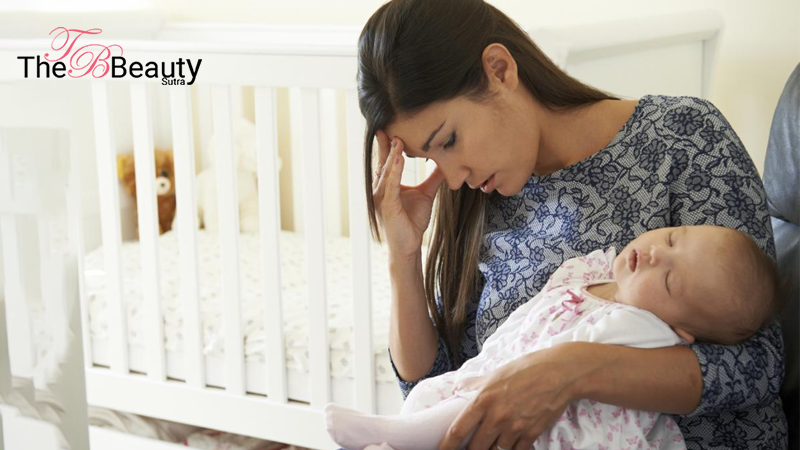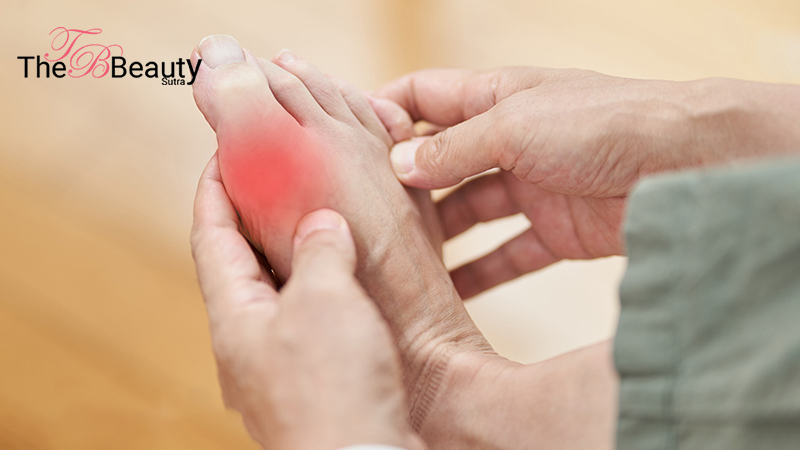Understanding and Coping with Postnatal Depression: Learn the signs, misconceptions, and how to seek help for a healthier postpartum journey.The journey into motherhood is a beautiful, transformative experience. The birth of a child is often celebrated as one of life’s most joyous occasions. It’s a time when families and friends gather to share in the excitement, and the world seems to revel in the miracle of new life. But for many new mothers, this life-altering event can also bring feelings of sadness, anxiety, and despair. Postnatal depression, often referred to as postpartum depression, is a silent struggle that affects numerous women worldwide. It’s time to shine a light on this critical issue, dispel myths, and provide essential information on recognizing the signs and getting the help you need.
Table of Contents
Understanding Postnatal Depression
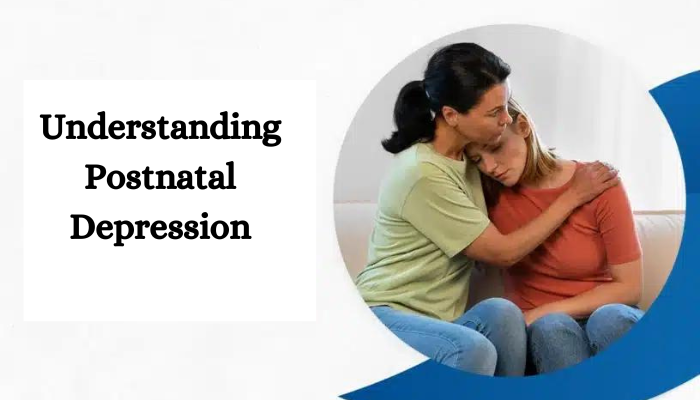
Postnatal depression is a mood disorder that affects some women after childbirth. Although it’s common to undergo a spectrum of emotions during the postpartum period, postnatal depression transcends the usual “baby blues.” Its effects can be deeply profound, influencing a mother’s emotional well-being, daily life, and her ability to bond with her baby.
Spotting the Signs
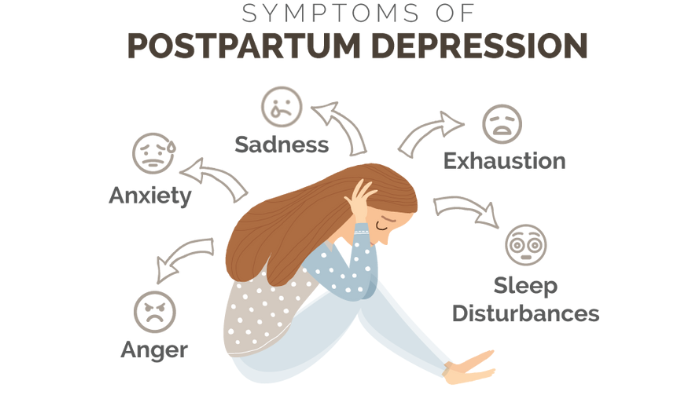
Postnatal depression can manifest differently in each individual, but there are common signs to look out for. If you or someone you’re acquainted with exhibits any of these symptoms, it’s crucial to reach out for assistance.
Persistent Feelings of Sadness, Anxiety, or Hopelessness: Prolonged and overwhelming emotions of sadness, anxiety, or despair are key indicators.
Loss of Interest in Activities: A marked lack of interest in activities that were once enjoyable can be a sign of postnatal depression.
Changes in Appetite or Sleep Patterns: Significant shifts in appetite and sleep can occur, affecting your physical health.
Difficulty Bonding with the Baby: Struggles to connect with your baby on an emotional level are a common sign of postnatal depression.
Feelings of Guilt, Shame, or Inadequacy: Mothers may experience intense feelings of guilt, shame, or inadequacy, even when they are providing excellent care for their baby.
Lack of Energy or Motivation: A profound lack of energy and motivation can make it challenging to meet the demands of motherhood.
Thoughts of Self-Harm or Suicide: These are the most concerning signs and require immediate intervention.
The Duration of Postnatal Depression
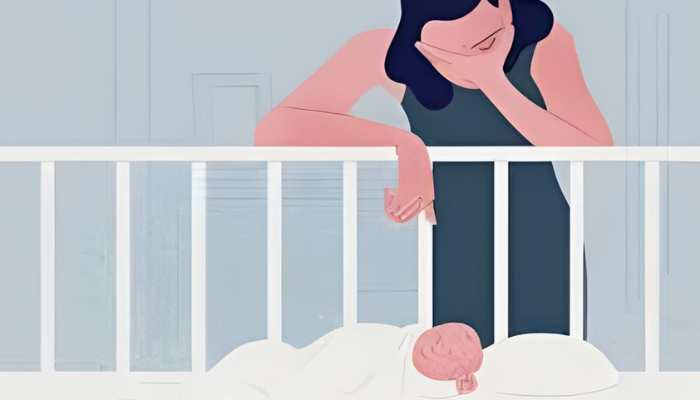
The duration of postnatal depression varies from person to person. If left untreated, it can persist for several months, extending to a year or more. It is believed to be caused by a combination of physical, emotional, and environmental factors, including hormonal changes, lack of sleep, stress, isolation, a history of depression or anxiety, and a lack of social support.
Dangerous Misconceptions

Misconceptions about postnatal depression can be dangerous and prevent women from seeking help. Some of these misconceptions include:
Thinking that it’s merely the “baby blues” or a regular facet of motherhood destined to resolve on its own.
Thinking that it only happens to women who don’t love their babies or who are “weak.”
Fearing that reaching out for assistance implies being an inadequate mother or that your child will be separated from you.
Seeking Help

Recognizing the signs of postnatal depression is the first step toward recovery. If you suspect that you or someone you know may be experiencing postnatal depression, it’s crucial to seek help as soon as possible. Here are some steps to consider:
Consult a Healthcare Provider: Reach out to your midwife, health visitor, or GP for support, advice, and treatment options.
Join Support Groups: Consider joining postnatal depression support groups or online forums to connect with other women who have experienced similar challenges.
Therapy: Cognitive-behavioral therapy or interpersonal therapy can help manage thoughts and emotions, develop coping strategies, and promote healing.
Self-Care: Take care of your physical health by ensuring you get enough sleep, exercise, and maintain a healthy diet.
Lean on Your Support Network: Your partner, family, and friends can provide assistance with childcare, household chores, or emotional support.
Conclusion
Postnatal depression is a real and challenging condition that affects many new mothers. Recognizing the signs and seeking help is crucial for your well-being and the well-being of your family. No one should suffer in silence, and there is no shame in reaching out for support. By dispelling the myths and increasing awareness, we can ensure that more women receive the help they need during this vulnerable period. Together, we can create a supportive environment where mothers can thrive, heal, and embrace motherhood with joy and confidence.

